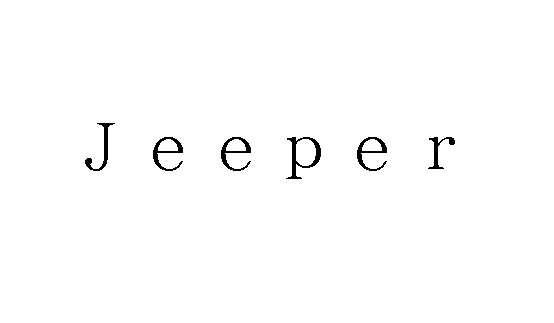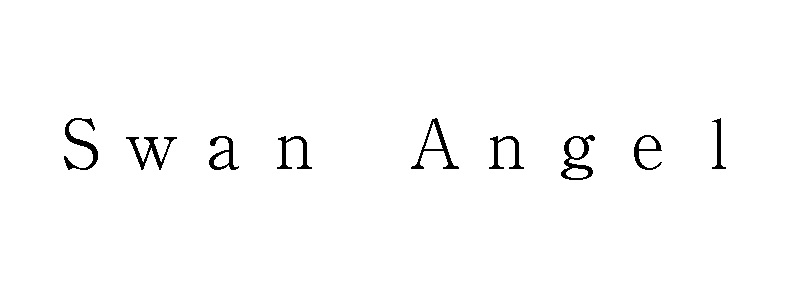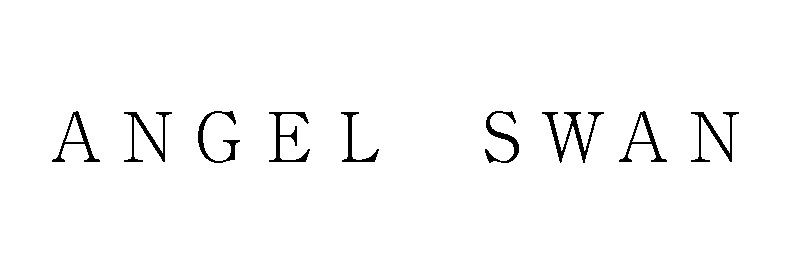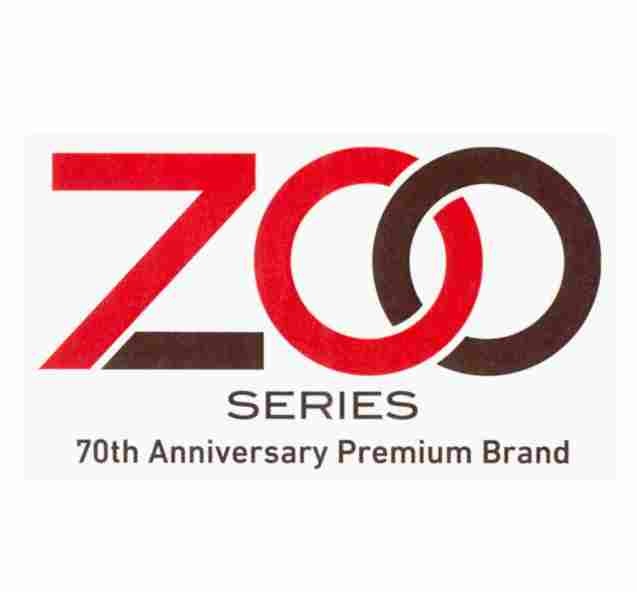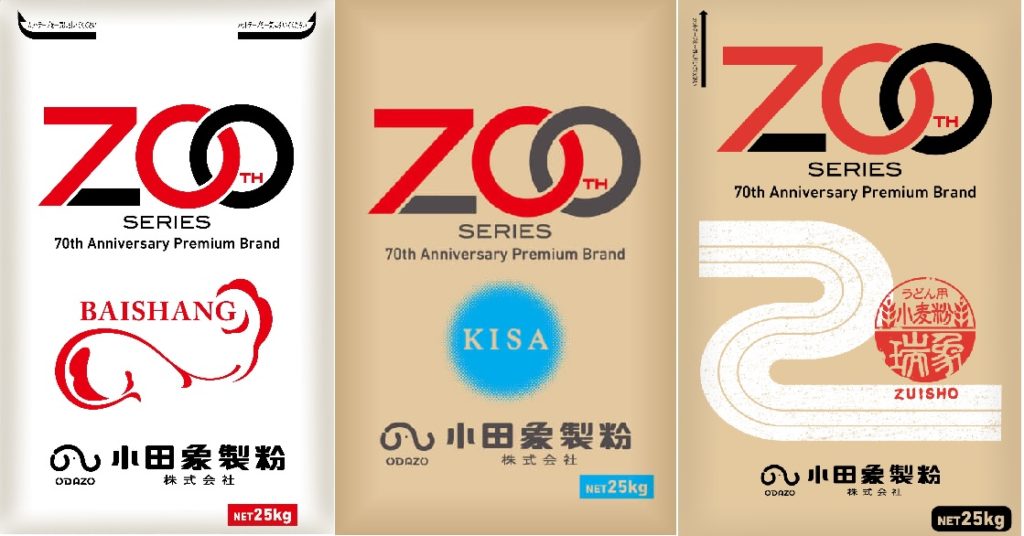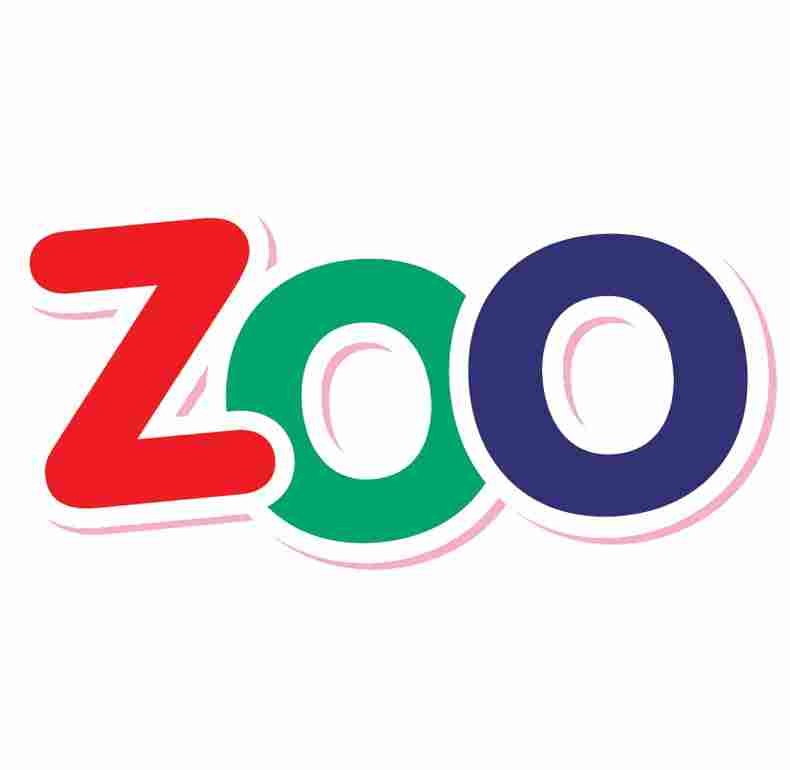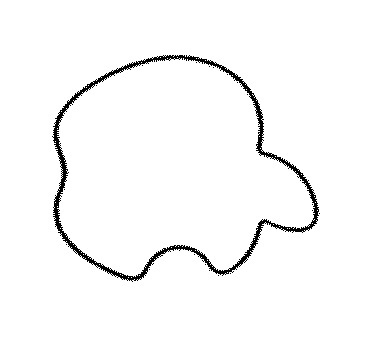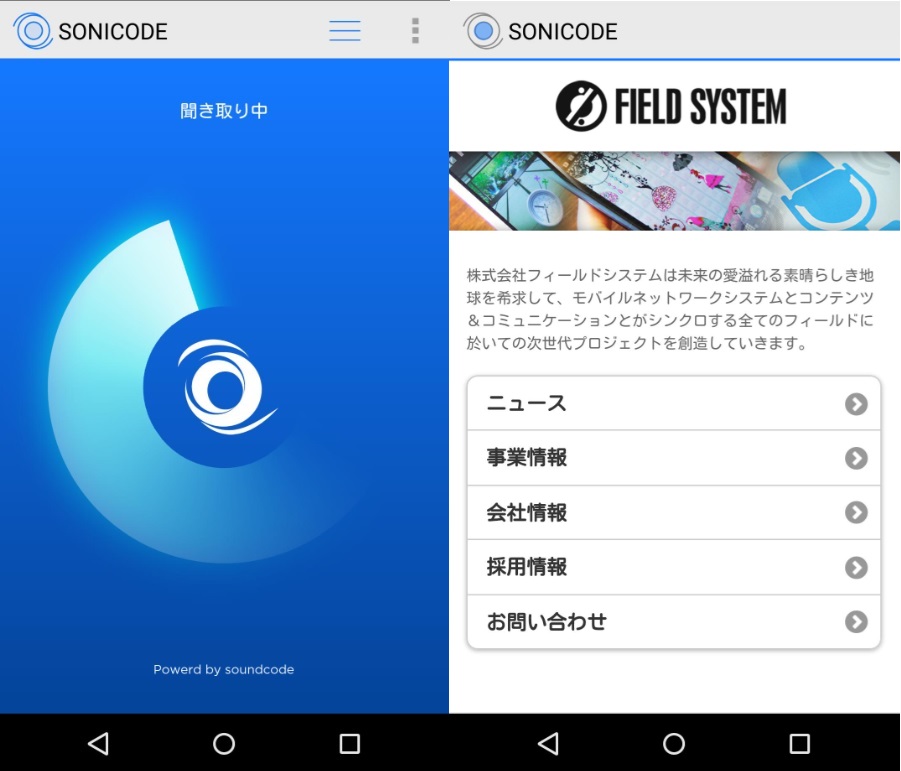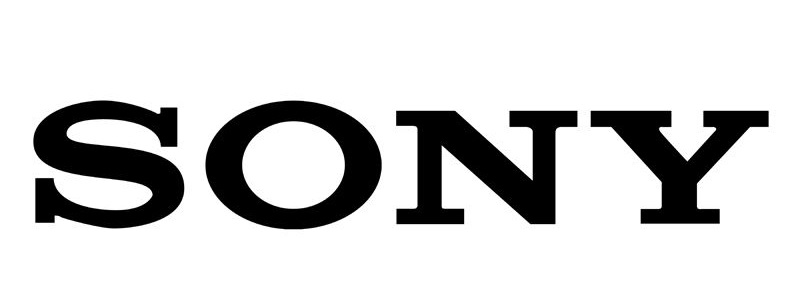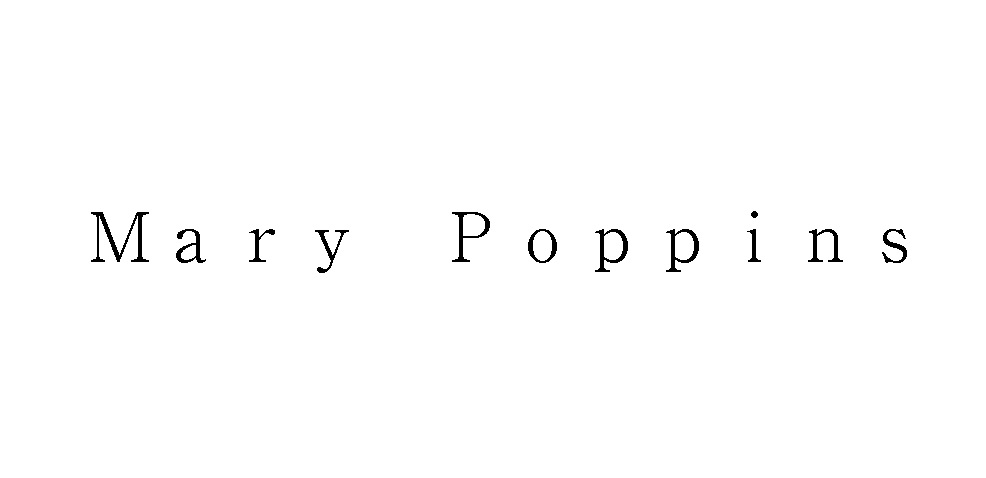The Japan Patent Office (JPO) declared invalidation of TM Reg no. 6090508 for wordmark “MOUTON” in classes 35 and 43 due to a likelihood of confusion with famous mark “Mouton” as a source indicator of Chateau Mouton Rothschild, one of the most famous wine estates in the world.
[Invalidation case no. 2022-890079, decided on January 22, 2024]
TM Reg no. 6090508 “MOUTON”
WALTZ Co., Ltd. filed a trademark application for wordmark “MOUTON” in relation to retail or wholesale services of various foods and drinks (not including wine) of class 35 and restaurant services of class 43 with the JPO on November 17, 2017. The applicant operates a bar and restaurant named “MOUTON” in Shinjuku, Tokyo.
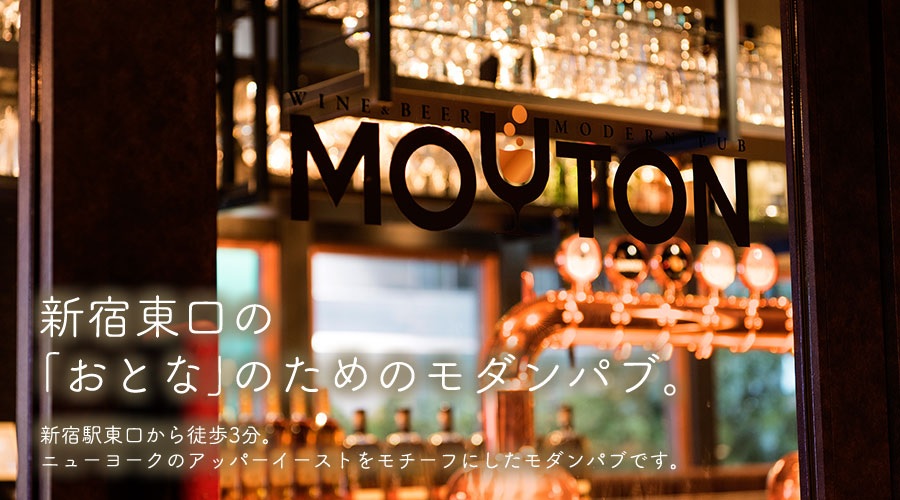
The mark was granted protection on September 5, 2018, published for a post-grant opposition on November 13, 2018.
Unsuccessful Opposition
Baron Philippe de Rothschild S.A. filed an opposition against TM Reg no. 6090508 “MOUTON” on January 15, 2019 and claimed cancellation of the mark in contravention of Article 4(1)(vii) and (xv) of the Trademark Law. However, the JPO Opposition Board decided to dismiss the opposition on September 6, 2019 (Opposition case no. 2019-900012).
Subsequently, to challenge the validity of the trademark registration for the MOUTON mark, Baron Philippe de Rothschild S.A. filed an invalidation with the JPO on October 7, 2022, a month before the five-year statute of limitations from the registration date was set to lapse. The claimant argued the disputed mark is identical with a well-known abbreviation of the world-famous wine “Chateau Mouton Rothschild”. Besides, in view of close association between wine and the services in question, relevant consumers and traders would confuse a source of the services bearing the mark “MOUTON” with the claimant. If so, the disputed mark shall be invalidated in contravention of Article 4(1)(xv) of the Trademark Law.
WALTZ did not respond to the arguments during the invalidation trial procedure.
JPO Invalidation decision
On January 22, 2024, the JPO Trial Board decided to annul TM Reg no. 6090508 “MOUTON” in relation to all of the retail or wholesale services designated in class 35 and restaurant services in class 43 by stating that:
From the facts revealed by the produced evidence, the Board has a reason to believe that the term “Mouton” has acquired a substantial degree of reputation and popularity among relevant consumers and traders to indicate the world-famous wine and its abbreviation.
Undoubtedly, the disputed mark “MOUTON” shall be similar to the mark “Chateau Mouton Rothschild” from phonetical and conceptual points of view even if there is a distinction in appearance between the marks.
There is a close association between wine and retail or wholesale services of various foods and drinks as well as restaurant services.
If so, relevant consumers are likely to confuse a source of the services bearing the disputed mark with the claimant or other business entity systematically or economically connected with them.
Based on the foregoing, the Trial Board found the disputed mark shall be invalidated in contravention of Article 4(1)(xv) of the Trademark Law.

